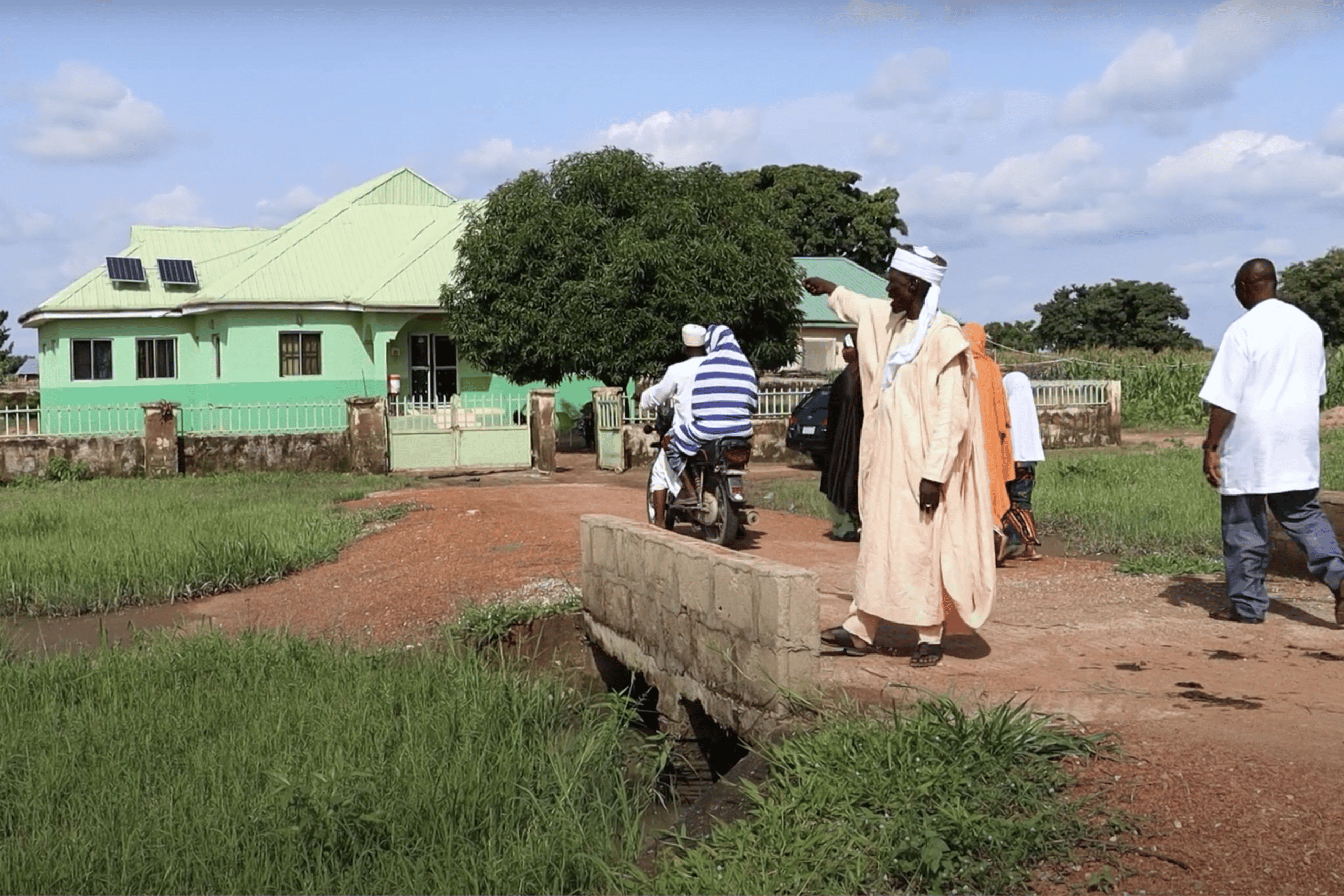
Building a Bridge to Boost Health Clinic Visits in Nigeria
When rains kept women from pre-natal visits and delivering their babies at the health clinic, CCP worked with local authorities who gathered resources to build a bridge over the flooding.

When rains kept women from pre-natal visits and delivering their babies at the health clinic, CCP worked with local authorities who gathered resources to build a bridge over the flooding.

Economic downturns in 129 of the world’s low- and middle-income countries due to COVID-19-related lockdowns, border closings and more may have killed hundreds of thousands of children under the age of five in the first year of the pandemic.
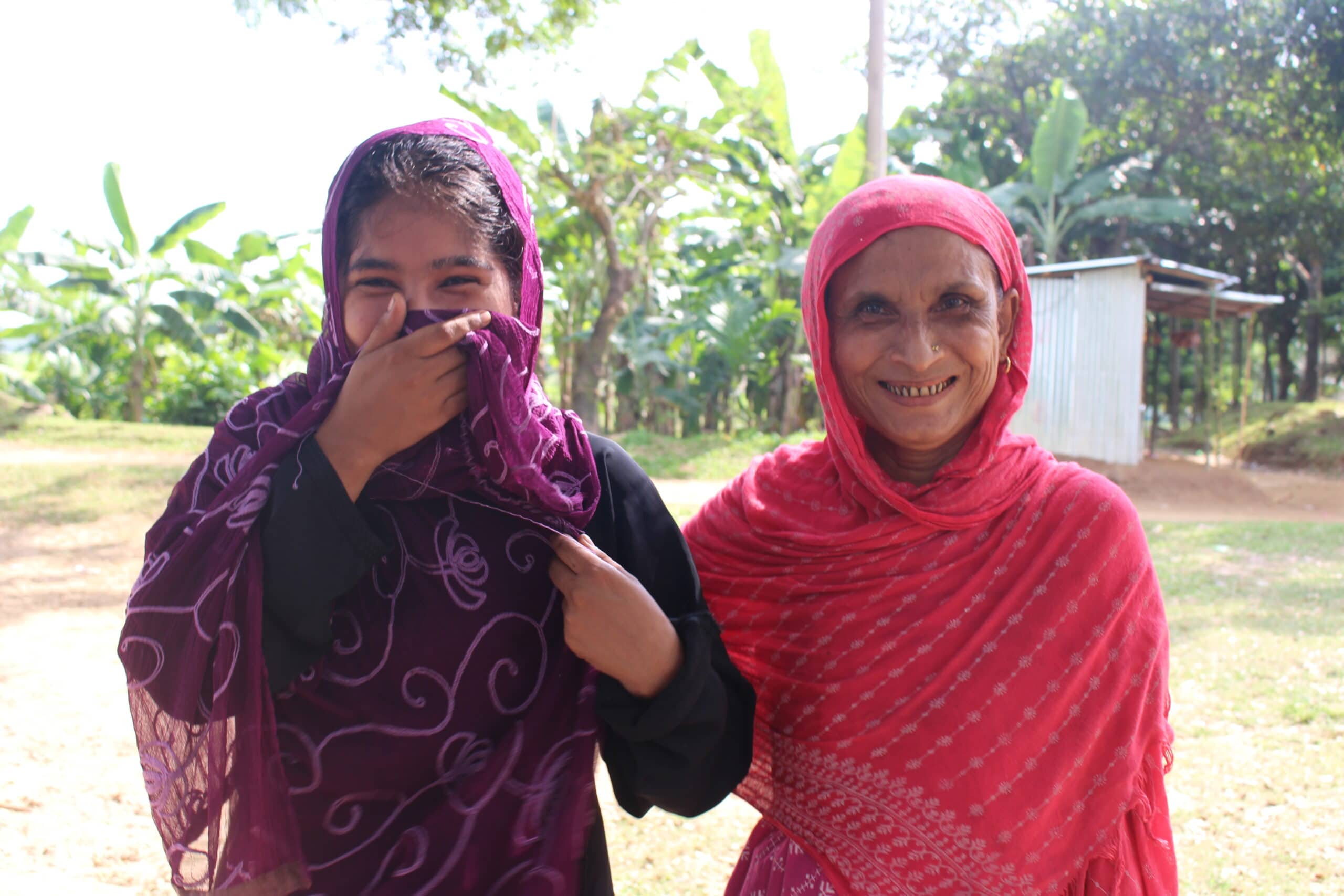
CCP’s Ujjiban project provides counseling to pregnant Bangladeshi women and their family members on reproductive health and family planning.
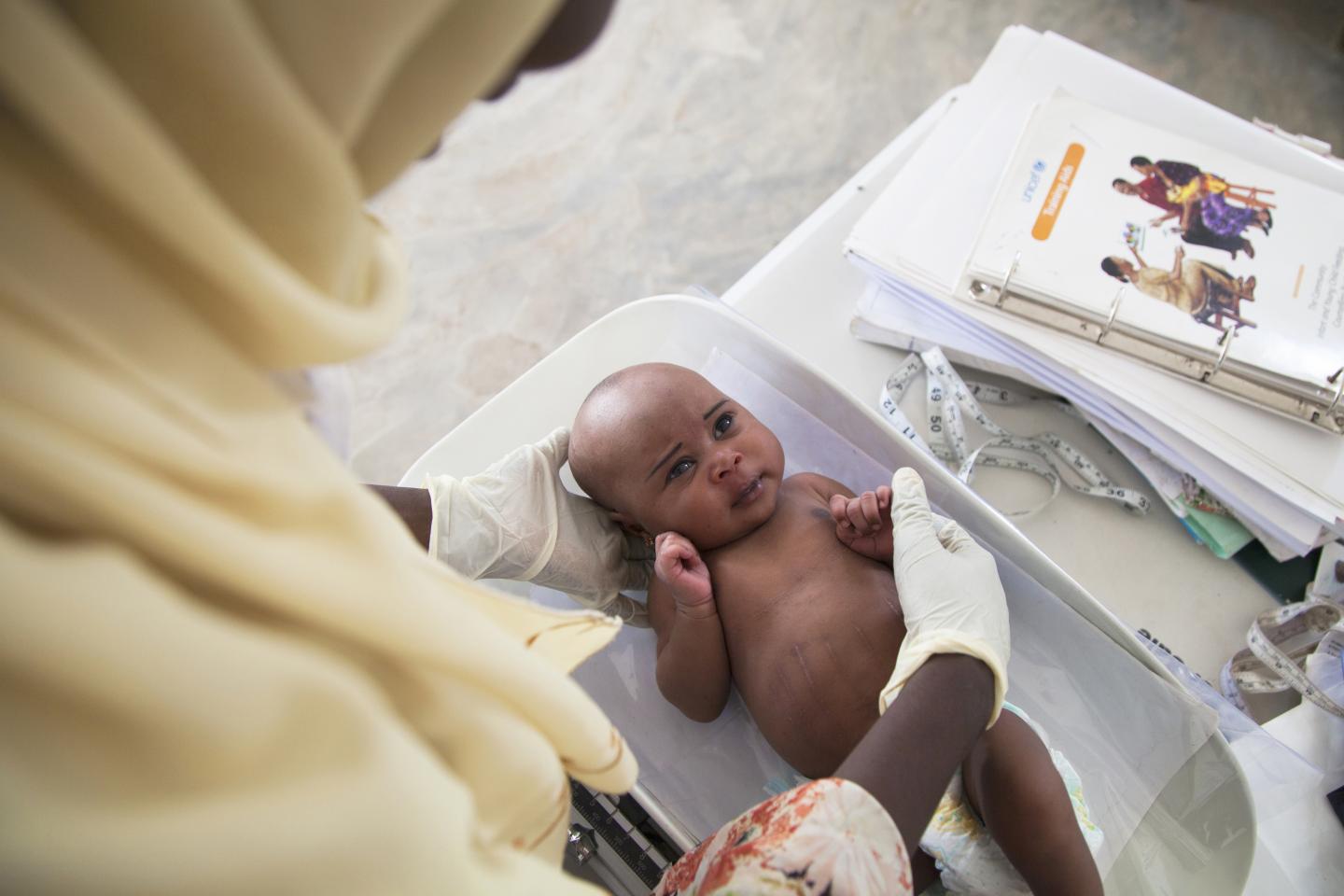
“Before now, women didn’t come for” prenatal care, says Hauwa’u Ango, the treasurer of the Ward Development Committee in Yarbese. “But now they are, and not only in Yarbese but even from [far-flung] villages.”

CCP’s Tina Suliman writes: “The maternal mortality crisis in the United States emphasizes the truth behind this declaration: It is racism, not race, that is killing America’s Black mothers and babies.”
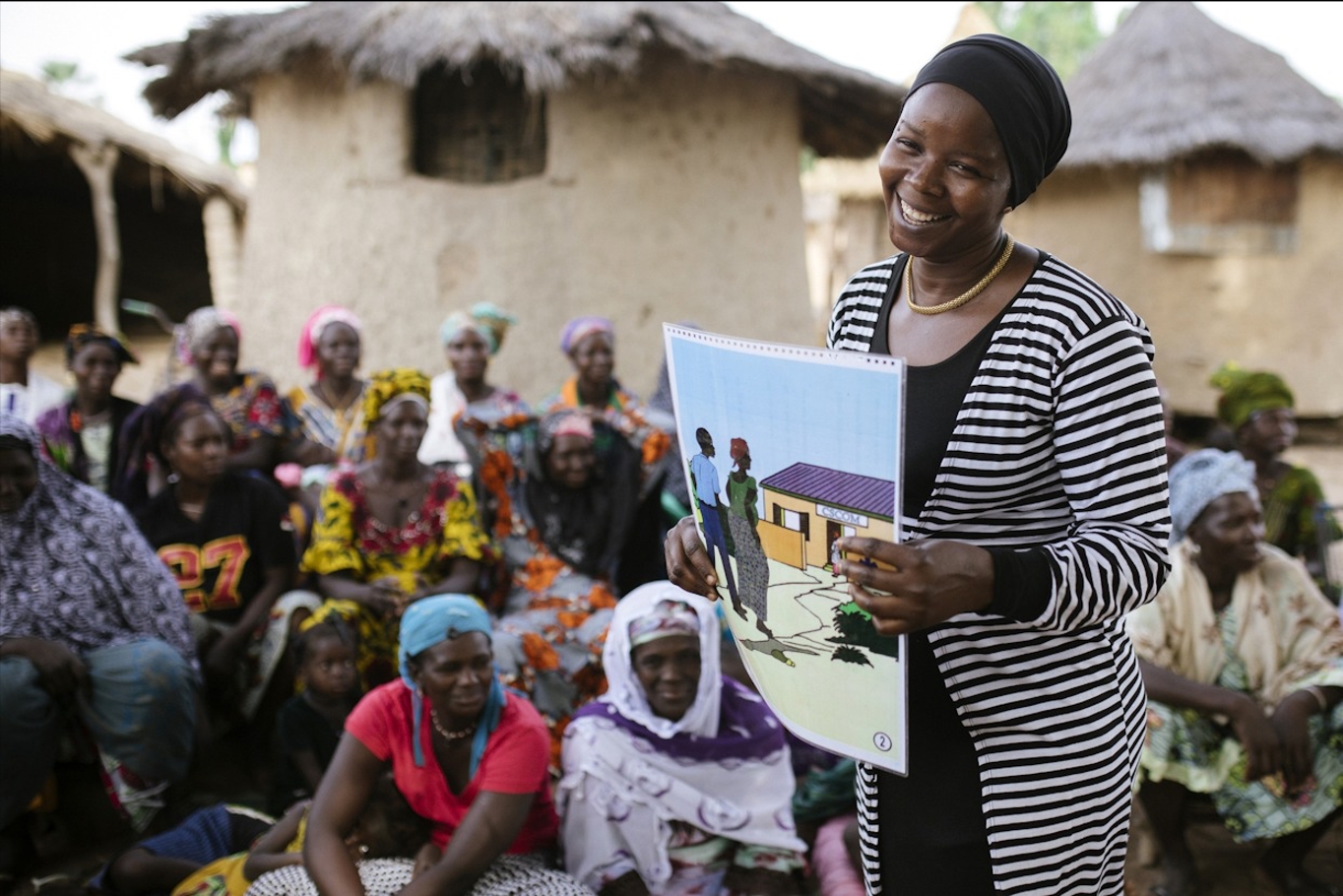
Most studies of pre-term birth – the leading cause of infant mortality around the world – have focused on complications that occur in health facilities in the high-income countries. A unique new study conducted by CCP looks at risk factors that start long before delivery.
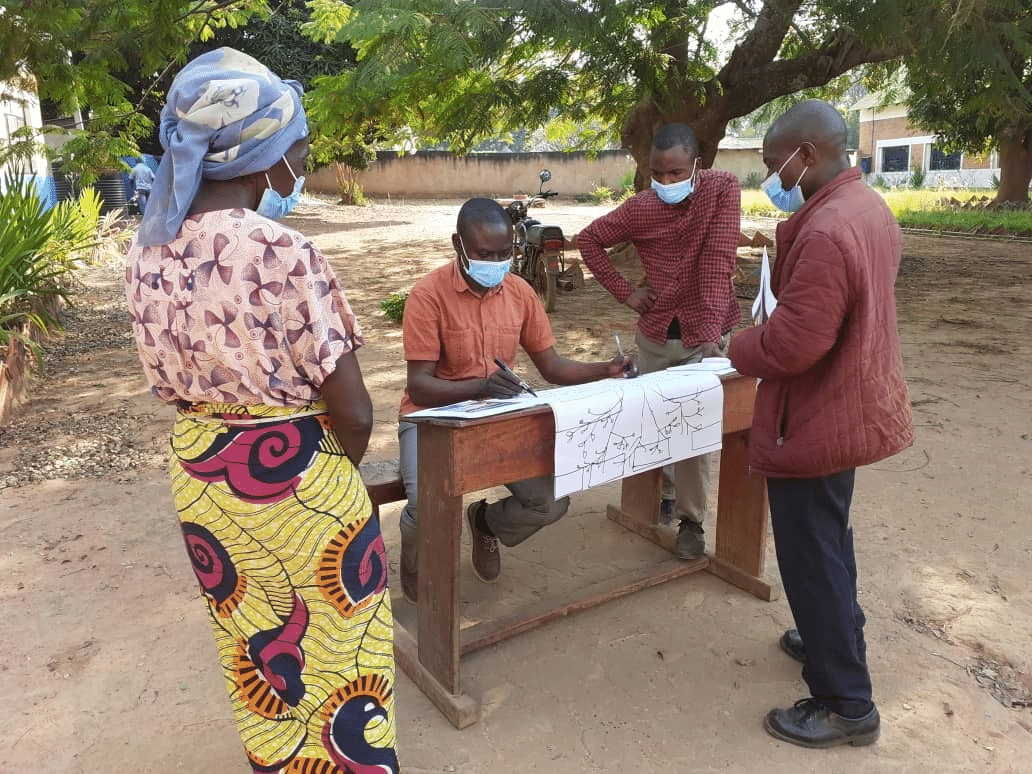
A survey of people living in rural Democratic Republic of Congo (DRC) found that more men appear to be accompanying their pregnant wives to prenatal care appointments since a CCP health campaign launched in 2020.
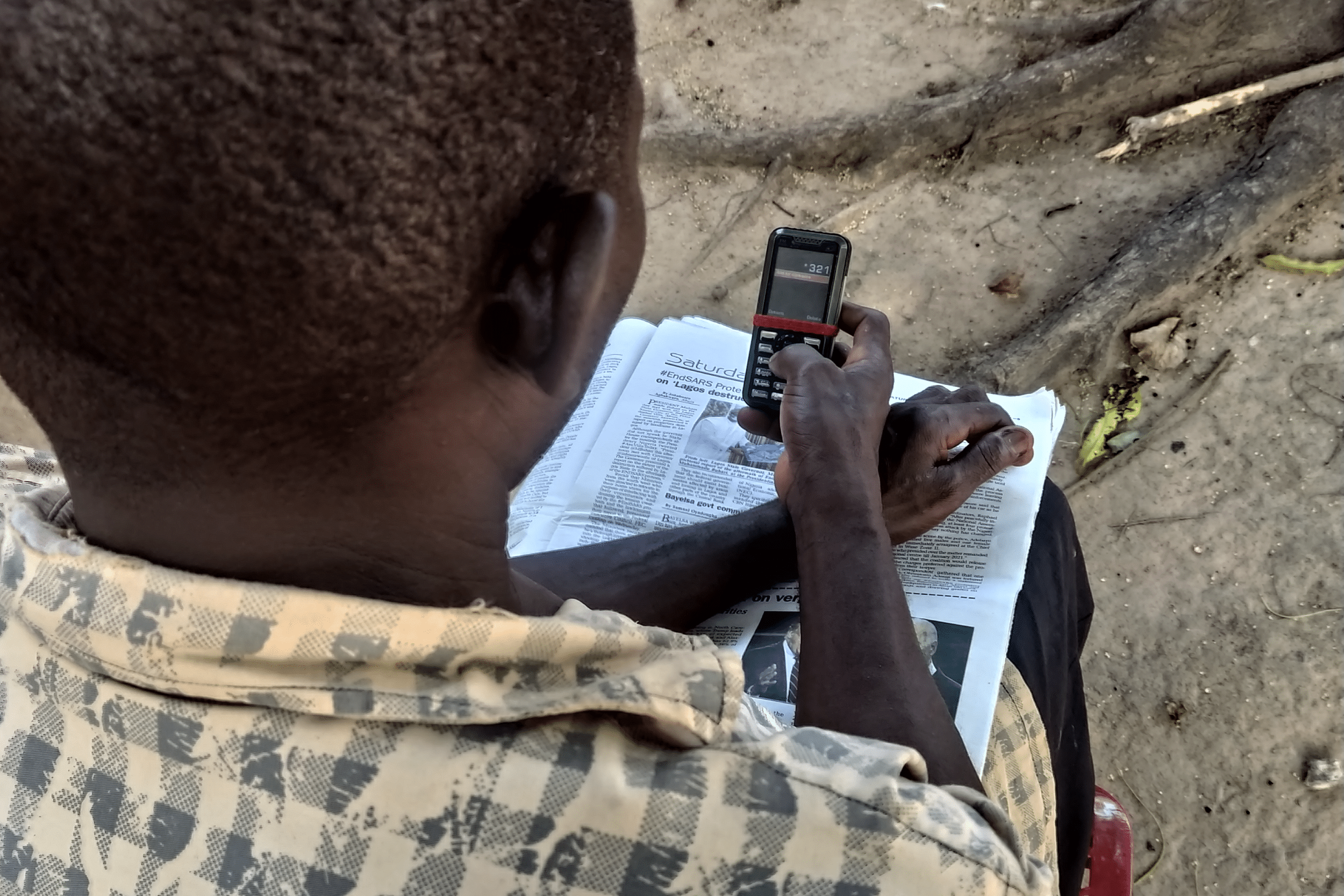
Using basic mobile phones, 60,000 Nigerians have dialed into a game where they can win points for their mastery of important maternal and child health information. This approach has drawn in a large number of men on a topic where it is often hard to engage them.
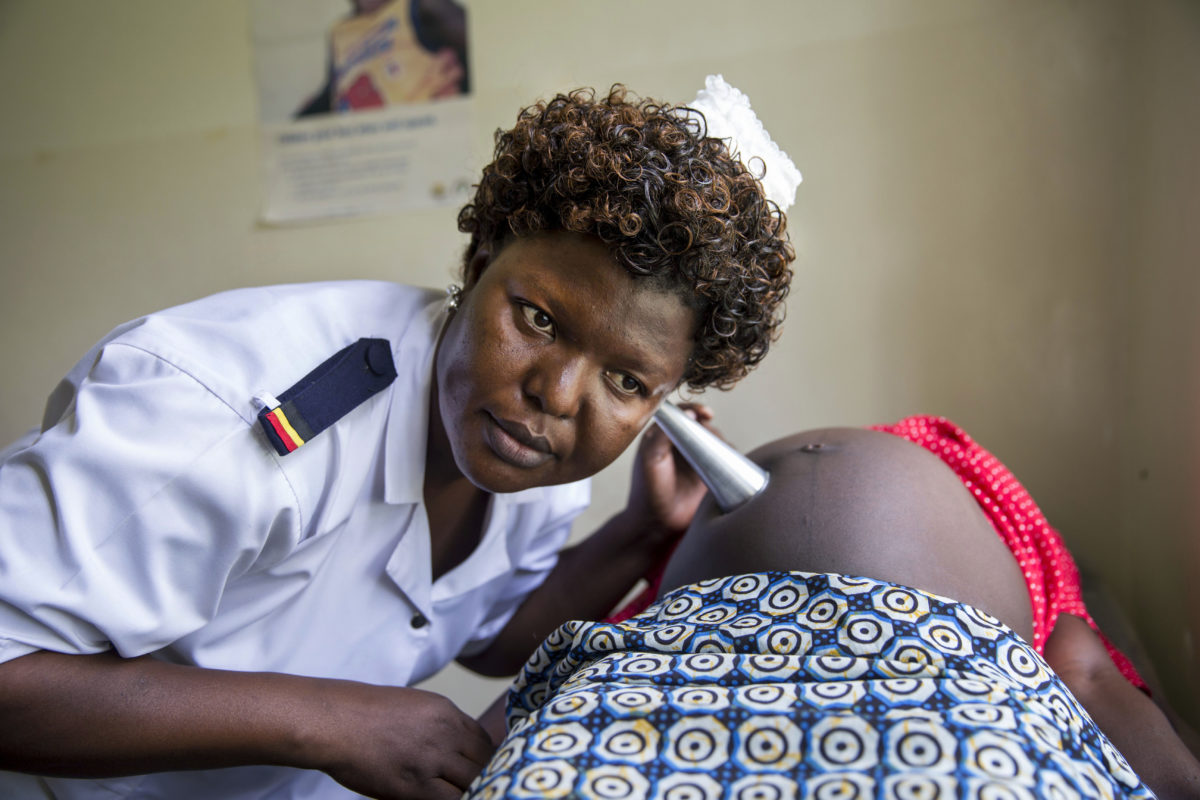
The global project is designed to promote awareness of, and equitable access to, safe surgery for women. The project will team up with local partners to improve childbirth outcomes and better meet people’s voluntary family planning needs.
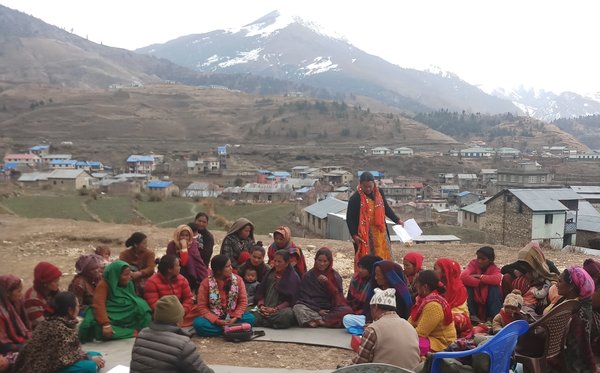
When the Nepalese government gave decision-making authority to local governments, USAID asked CCP to help strengthen the new system as it was being created.
Receive the latest news and updates, tools, events and job postings in your inbox every month